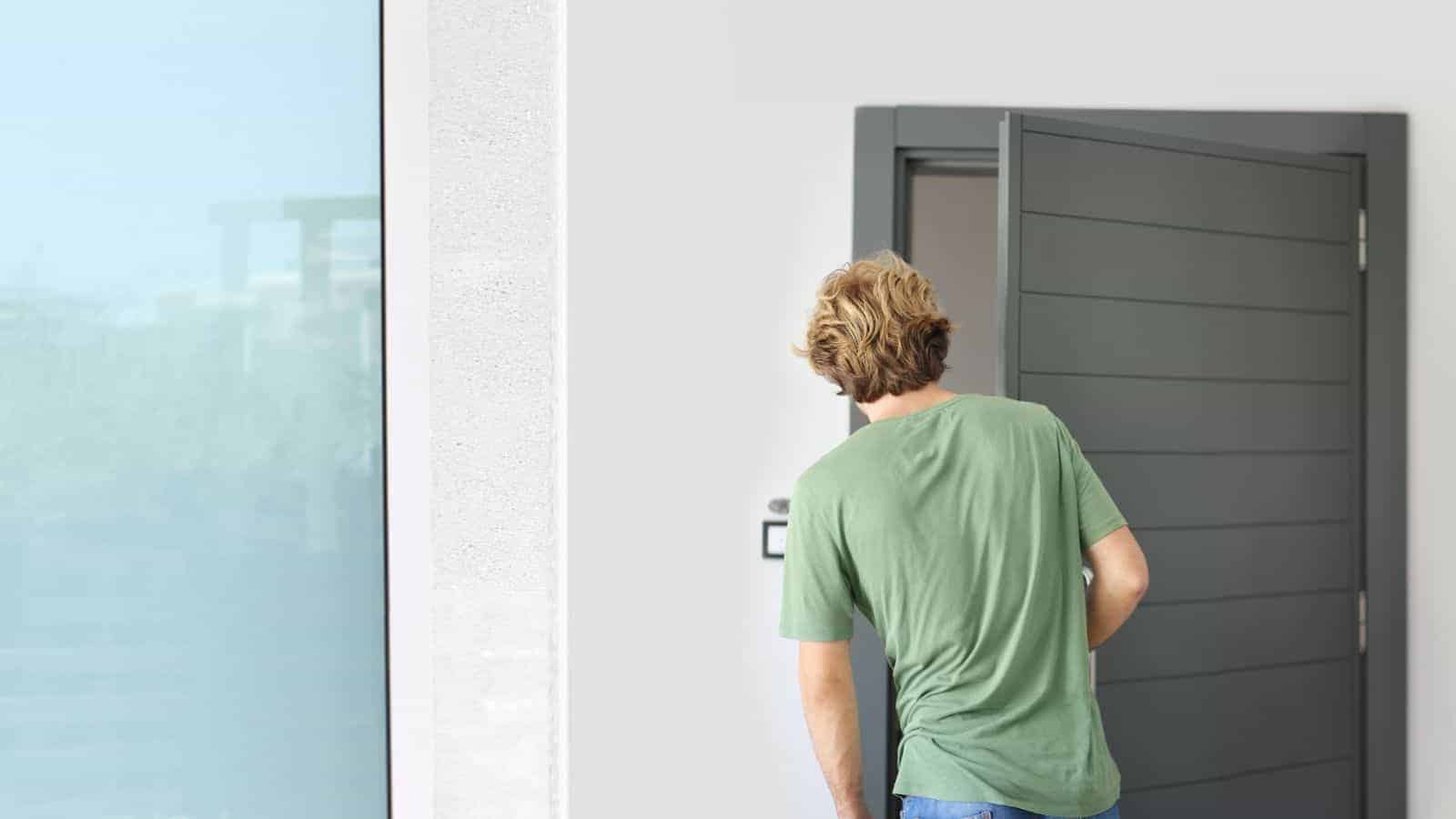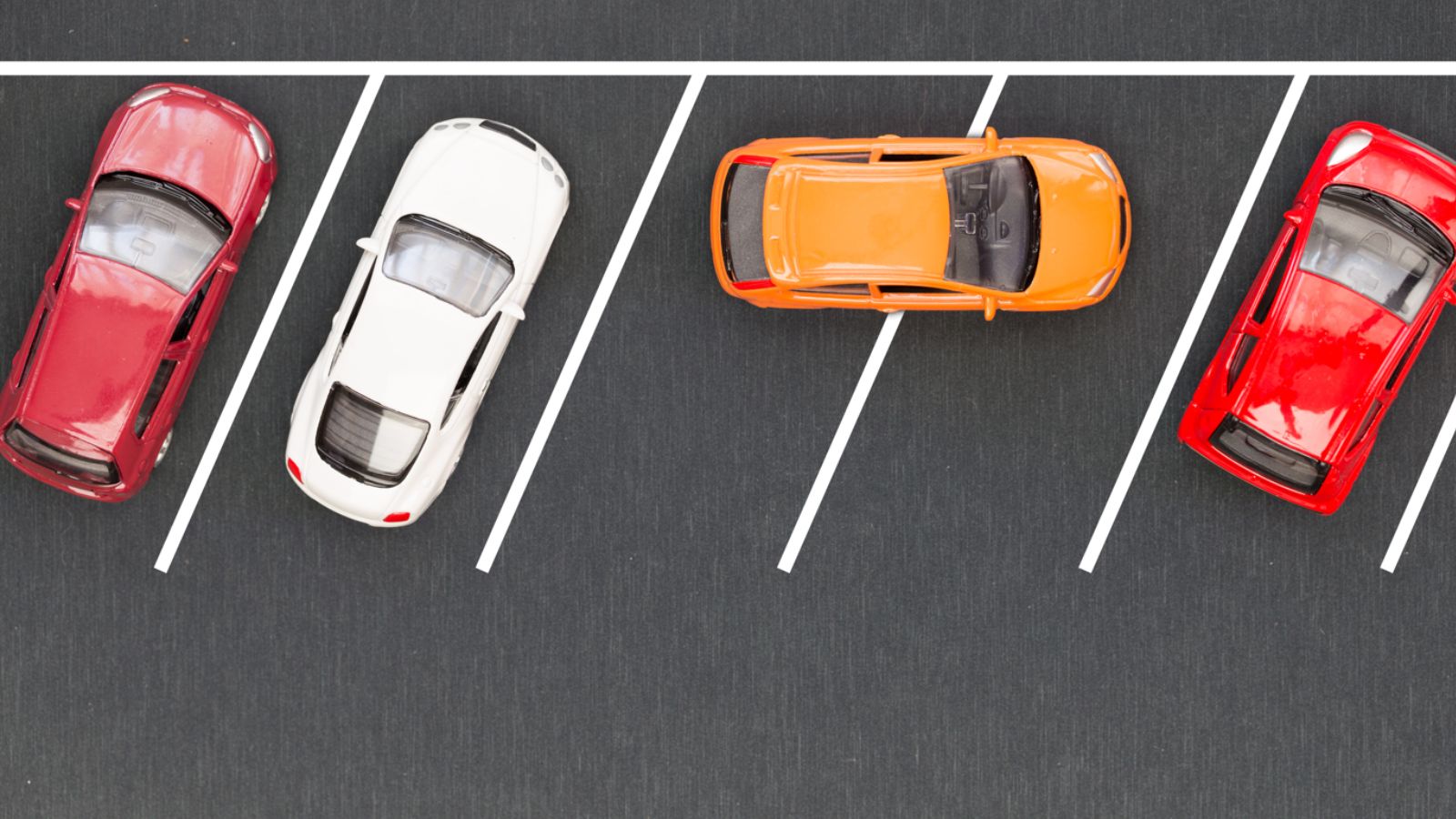Some habits are not just annoying, they’re downright rude. Despite how often we talk about kindness and respect, certain behaviors seem to stick around and make life more frustrating for everyone. Whether it’s cutting in line or ignoring basic etiquette, these habits can leave a bad impression and sour interactions – and really need to stop.
Interrupting others

Never jump into someone’s sentence before they finish speaking, because it’s both rude and dismissive. It signals that you think your thoughts matter more than theirs, leaving the other person feeling overlooked. Paying attention while someone speaks is a basic courtesy that strengthens communication. Waiting for your turn strengthens the flow of dialogue.
leaving carts in parking spaces

Shoppers who leave carts in parking spaces inconvenience others and can damage cars. It creates extra work for employees who have to retrieve scattered carts, often in bad weather. Returning your cart to a designated area shows responsibility and respect for others using the lot.
Talking loudly on speakerphone

Public spaces aren’t meant for broadcasting personal conversations. When someone uses a speakerphone or plays videos loudly, they force everyone around them to hear something they didn’t choose. Instead of using speakerphone, switching to headphones or stepping into a private space ensures you respect others’ comfort.
Ignoring the person behind you at a door

It’s thoughtless not to hold the door for someone close behind you. This small act of courtesy requires minimal effort yet has a big impact on the flow of daily life. Holding the door shows awareness of others and fosters a sense of community.
It’s especially helpful for individuals carrying bags, pushing strollers, or dealing with mobility challenges.
Forgetting “please” and “thank you”

The absence of polite words like “please” and “thank you” can make interactions feel transactional and cold. Gratitude and respect are the cornerstones of positive communication, and these phrases show you value the other person’s efforts.
Whether you’re speaking to a cashier, colleague, or family member, adding polite language elevates the tone of the conversation.
Glancing at phones during conversations

It’s bad manners to check your phone during a conversation. It signals that the person in front of you isn’t worth your full attention. This habit can damage relationships by making others feel ignored or unimportant.
Giving someone your undivided focus shows that you value their time and input. If an urgent matter arises, briefly excusing yourself is far more respectful than glancing at your device mid-discussion.
Talking in theaters

People who talk during a movie spoil the shared enjoyment of everyone else in the theater. Whispering, laughing loudly, or checking your phone creates unnecessary interruptions in what should be a quiet, immersive experience. The cinema is a place where people come to escape and relax, and disruptions break that atmosphere.
Throwing trash on the ground

Litter makes public areas unpleasant and harms the environment. Leaving garbage behind shows a lack of respect for the space and for others who use it. Properly disposing of waste takes only a moment but preserves the cleanliness and beauty of shared spaces. By making the effort to find a trash can or recycling bin, you set an example for others.
Speaking rudely to service workers

Disrespect toward service workers reflects poorly on the customer and creates unnecessary stress for the person serving you. Workers like waitstaff, cashiers, and delivery drivers deal with high-pressure environments and deserve basic courtesy.
Speaking kindly, making eye contact, and saying “thank you” go a long way in acknowledging their effort.
Taking up multiple parking spaces

Hogging two or more spaces in a crowded lot makes finding a spot harder for everyone else. This behaviour comes across as selfish or careless, especially in busy shopping areas or events. Taking a few extra seconds to park correctly within the lines ensures fairness and prevents frustration.
Gossiping about others

Negative talk about someone who isn’t present can erode trust and create unnecessary drama. Gossip often stems from boredom or insecurity, but it only serves to hurt relationships and foster tension. Focus on uplifting or neutral conversations instead of spreading rumors, as this strengthens connections and reflects maturity.
Blocking pathways

Suddenly stopping in the middle of a busy walkway or grocery aisle disrupts the flow of movement and annoys those trying to get through. Stepping aside to check your phone, decide on an item, or have a conversation shows awareness of those around you.
Failing to cover sneezes and coughs

If you allow a sneeze or cough to go uncovered you can spread bacteria and viruses, endangering the health of those nearby. Using a tissue or sneezing into your elbow helps contain germs and shows basic consideration for others’ well-being.
This habit is especially important in shared spaces like public transit, offices, or schools, where illnesses can spread quickly.
Leaving messes in communal areas

Messy shared spaces, whether in the workplace, public areas, or at home, burden others with cleanup responsibilities. Leaving dirty dishes in a breakroom sink, trash on a park bench, or spills on a bathroom counter signals disregard for others. Cleaning up after yourself requires minimal effort but has a significant impact on maintaining pleasant, usable spaces.
Pushing past others without saying “excuse me”

A simple phrase like “excuse me” lets others know your intentions and maintains courtesy in tight or busy areas. Navigating crowded spaces without acknowledging those around you comes off as dismissive and impolite. Bumping into someone or cutting in line without saying “excuse me” can easily create tension or misunderstanding.
Invading personal space

Personal space is an essential boundary that varies for everyone, and respecting it shows empathy and awareness. Crowding someone in a line or during a conversation often makes them feel uncomfortable or anxious. Simple awareness of personal space creates a more considerate and harmonious environment.
